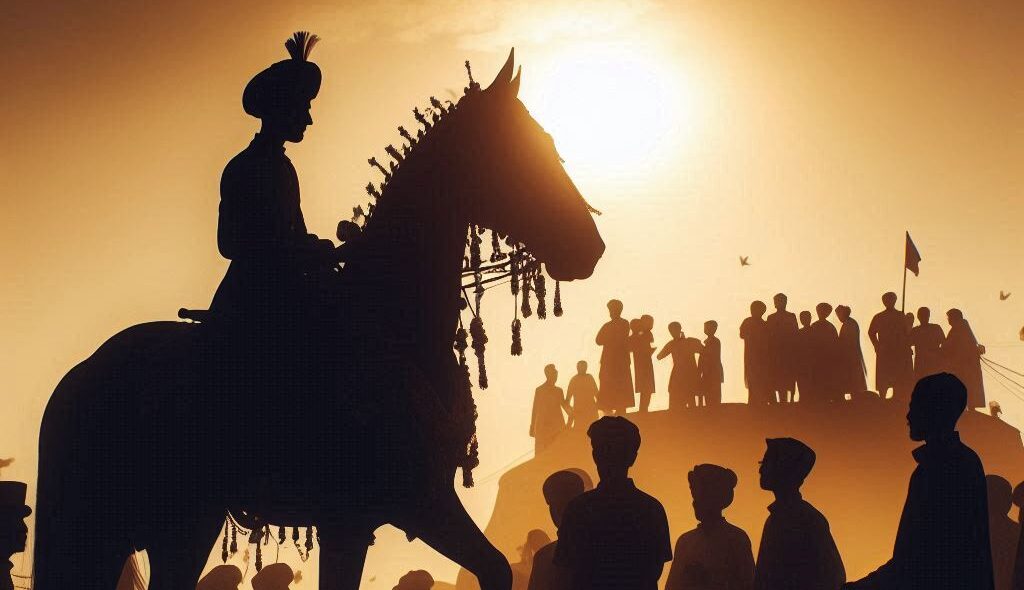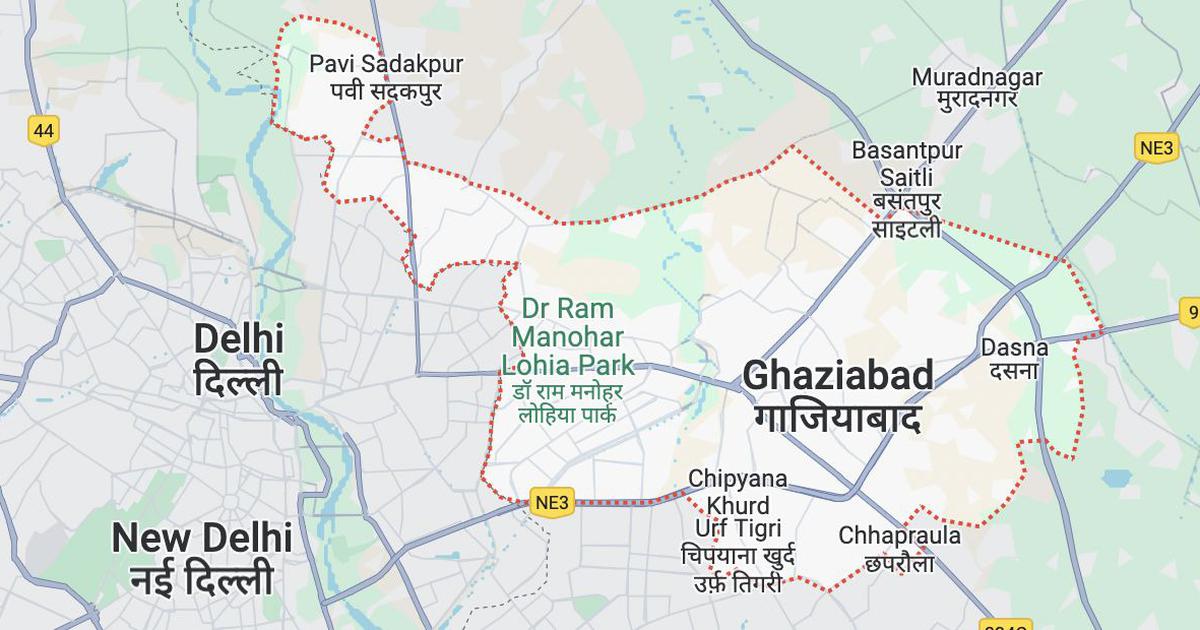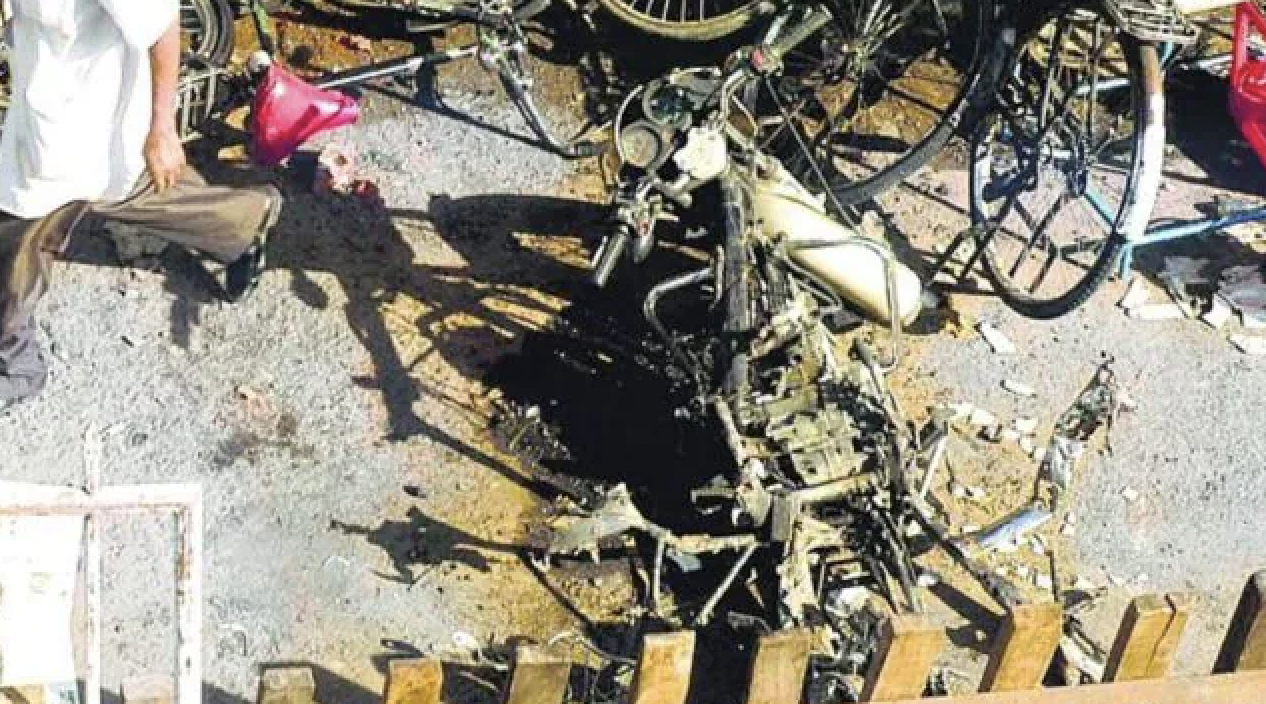
By Ritika Chopra / Indian Express
The ruling establishment’s view that Indian history glorifies invaders and Mughals at the cost of others has now found a strong echo where it probably matters the most — school textbooks.
The content on Islamic rulers has suffered deep cuts in sweeping changes made to textbooks by the National Council of Educational Research and Training (NCERT) under its latest “rationalisation” exercise, internal records show.
The Indian Express scrutinised nine current history textbooks for Classes 6 to 12 and matched the content with tables circulated within the NCERT on the proposed changes.
The official rationale given by the NCERT — the government body that decides on curriculum and textbooks — for the latest textbook revision exercise is to reduce curriculum load to help students make a “speedy recovery” from learning setbacks suffered during the pandemic.
“Distortion” and “misrepresentation” of India’s past has been the common refrain among members of the ruling BJP. Even as recent as June 10, Union Home Minister Amit Shah said at a book launch that the country’s history is misrepresented with prominence given to Mughals at the cost of empires such as the Pandyas, Cholas, Mauryas, Guptas and Ahoms, and that now “no one can stop us from rewriting it”.
Here are some of the significant changes made by the NCERT on Islamic and Mughal-era rulers:
Three pages dealing with the expansion of the Delhi Sultanate, especially down south, in the Class 7 textbook ‘Our Past – II’, have been deleted.
The deleted portion also had a section explaining a masjid: “A mosque is called a masjid in Arabic, literally a place where a Muslim prostrates in reverence to Allah. In a ‘congregational mosque’ (masjid-i-jami or jama masjid) Muslims read their prayers (namaz) together. Members of the congregation choose the most respected, learned male as their leader (imam) for the rituals of prayer. He also delivers the sermon (khutba) during the Friday prayer. During prayer, Muslims stand facing Mecca. In India this is to the west. This is called the qibla.”
That apart, a detailed chart comparing Alauddin Khalji’s response to repeated Mongol attacks with that of Muhammad Tughluq has also been left out.
The chapter ‘The Mughal Empire’ in the Class 7 textbook, too, has suffered cuts, including a two-page table detailing milestones and achievements of Mughal emperors such as Humayun, Shah Jahan, Babur, Akbar, Jahangir and Aurangzeb.
In the Class 12 history textbook, the chapter ‘Kings and Chronicles: The Mughal Courts’ (Themes in Indian History — Part II) has been deleted. The chapter dealt with Mughal-era manuscripts like Akbar Nama and Badshah Nama and how these chronicle the history of Mughals through battles, hunting expeditions, building constructions and court scenes.
Key table changed
In an earlier table on the changes, which was posted on the NCERT website and downloaded by The Indian Express, there were further revisions pertaining to a portion on Mahmud of Ghazni, a section on “Akbar’s policies” and the entire content on independent political states carved out of old Mughal provinces — all in the Class 7 history textbook ‘Our Past – II’.
This table was replaced last week with another that does not reflect these three deletions and changes. The changes listed in the earlier table were:
Reference in the second chapter to Mahmud Ghazni of Afghanistan, who invaded the subcontinent and raided the Somnath temple, has been tweaked. First, the title “Sultan” has been dropped from his name. Second, the sentence “he raided the subcontinent almost every year” has been revised to “he raided the subcontinent 17 times (1000-1025 CE) with a religious motive”.
Further, a paragraph on Mahmud’s interest in knowing the people he conquered better has been cut. The deleted passage read: “Sultan Mahmud was also interested in finding out more about the people he conquered and entrusted a scholar named Al-Biruni to write an account of the subcontinent. This Arabic work, known as the Kitab ul-Hind, remains an important source for historians. He consulted Sanskrit scholars to prepare this account.”
The chapter ‘The Mughal Empire’ is renamed ‘The Mughals (16th to 17th Century)’. A section on “Akbar’s policies”, including the broad features of his administration, his interest in the religion and social customs of different people and how he commissioned the translation of Sanskrit works into Persian, has been removed.
The title of the chapter ‘The Delhi Sultans’ has been changed to ‘Delhi: 12th to 15 Century’.
The NCERT has erased the entire five-page content on the independent political states of Awadh, Bengal and Hyderabad that were carved out of old Mughal provinces from the chapter ‘Eighteenth-Century Political Formations’. The content on states under the control of the Rajputs, Marathas, Sikhs and Jats has been retained.
‘Not selective’
Speaking to The Indian Express on the latest rationalisation move, NCERT Director Dinesh Saklani said: “Firstly, this is not a selective exercise. We have tried to reduce curriculum load for students across all subjects and not just social science. We have also done the same for maths and science. That apart, this exercise was done very professionally with the help of external experts. NCERT doesn’t interfere with what the experts have to say. They felt some of the content could be deleted because it is covered elsewhere in other textbooks.”
Saklani said there is also a need “to remain mindful of the problems that students faced during Covid”. “Not only was there learning loss, but they also lost a lot of time. It would have been very unfair on our part to not help them with the curriculum load,” he said.
Asked about the discrepancy between two tables carrying changes in the Class 7 history textbook, he said: “Usually, there are multiple drafts. I don’t know if someone uploaded an unfinished draft by mistake or something. As far as NCERT is concerned, there is just one table (for every textbook) and that one is now available on the website. Please just consider that.”
More deletions
Among the other deletions are:
n Students will no longer have to study chapter ‘Rulers and Buildings’ in the Class 7 history textbook. It focuses on the architectural style of temples built by Hindu kings and mosques, tombs and forts built by Muslim rulers.
n In Class 11 history, the chapter ‘The Central Islamic Lands’ has been removed. It deals with the rise of Islam and its expansion over a vast territory stretching from Egypt to Afghanistan, the core area of Islamic civilisation from 600 AD to 1200 AD.
This article first appeared on indianexpress.com






